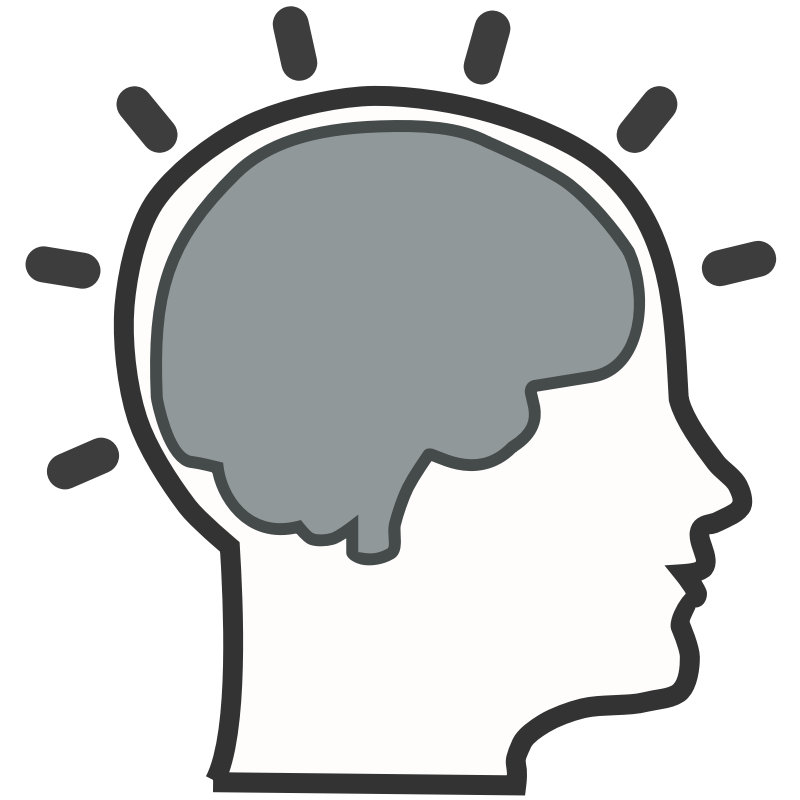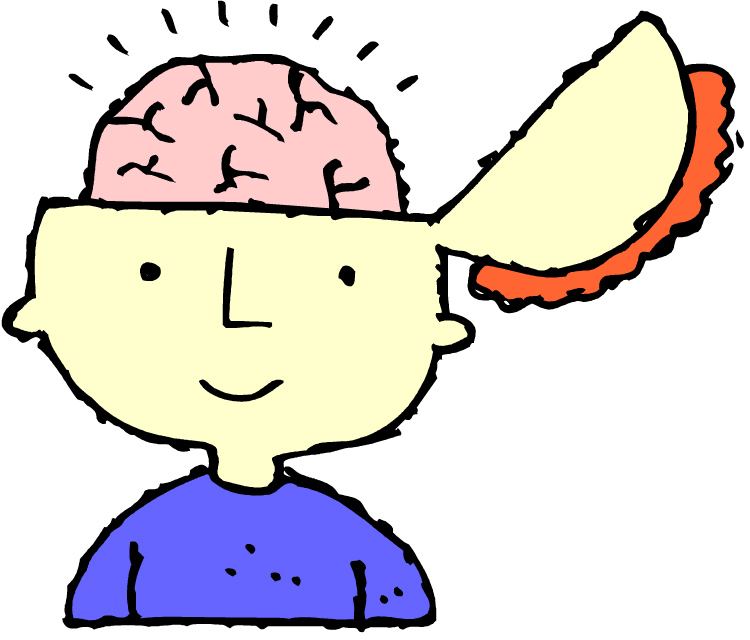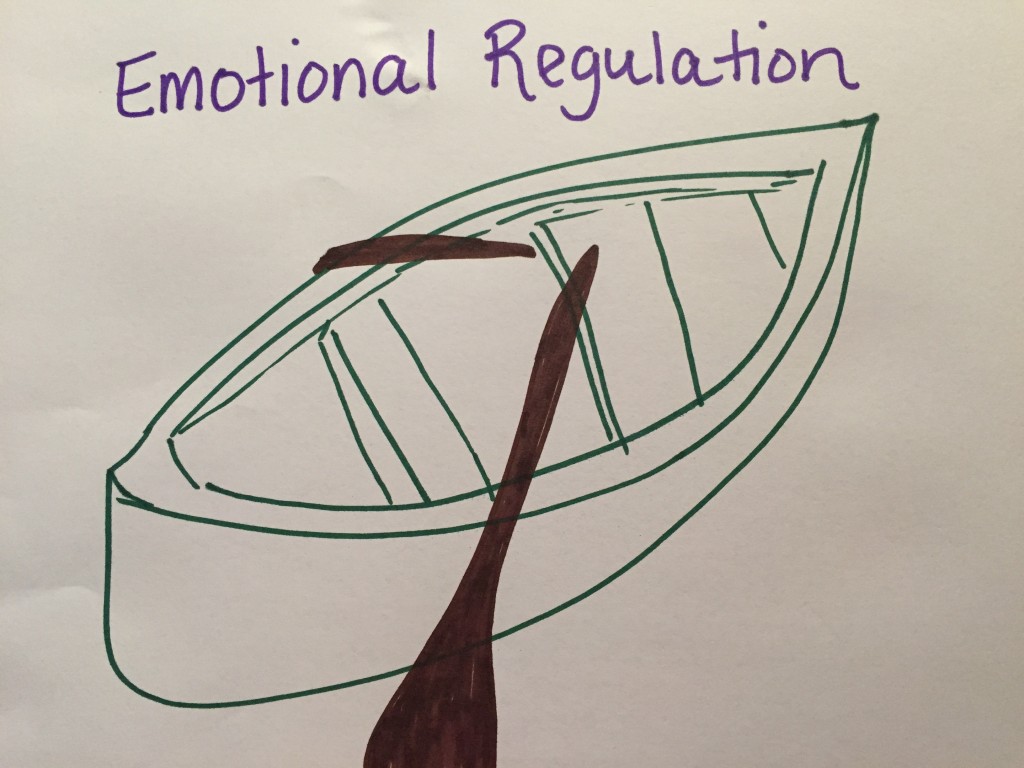Stress can feel inevitable at times and just a part of life. We all have our ways to cope and manage stressors in our lives. It is when stress becomes chronic and our ways of managing does not remedy the situation. The Ted ED made a video on How stress affects your brain. It is posted below with a summary of the video.
Video Summary:
- Chronic stress does affect your brain size and functionality.
- The hypothalamus pituitary Adrenal Axis (HPAA), is the part of your brain where stress begins. It is a series of actions of endocrine glands in the brain and kidney that controls your response to stress.
- When under stress your HPAA is activated and releases a hormone called cortisol.
- Cortisol prepares you to respond to the stress ie. fight, flight or freeze.
- High levels of cortisol changes the neural connections in the part of the brain called the Amygdala. This part of the brain is the fear center.
- When cortisol levels increase, signals are sent to the part of the brain called the Hippocampus. This part of the brain is associated with learning, memories, and stress regulation starts to deteriorate due to the chronic stress arousal.
- The hippocampus prevents the HPAA from managing stress (weakens you ability to manage stress).
- Chronic cortisol levels can shrink your brain and reduces the amount of synaptic connections between neurons in the brain.
- This shrinking affects the prefrontal cortex. This region regulates behaviours (such as decision making, concentration, judgement and social interactions). therefore, chronic stress may make it difficult to remember and learn new things.
- These changes can lead to bigger problems like depression and then eventually Alzheimer disease.
A Study on Rats:
- A study completed with rats showed that a mother’s nurturance (emotional and physical response) to her baby played a huge role on how the baby will respond to stress later in life.
- These babies with nurturing moms turned out less sensitive to stress because their brain developed more cortisol receptors. These receptors stick to cortisol and lessens the stress response.
- The rats with negligent moms had the opposite outcomes and were highly sensitive to stress. These changes can be changed if the moms were nurturing and can alter the next generation of babies.
There is Hope:
- To reverse the affects cortisol has on your brain is to exercise, and meditation/ mindfulness. This increases the size of the hippocampus and lessens your stress and improves your memory.
(Photo taken from Cliparts.co)




